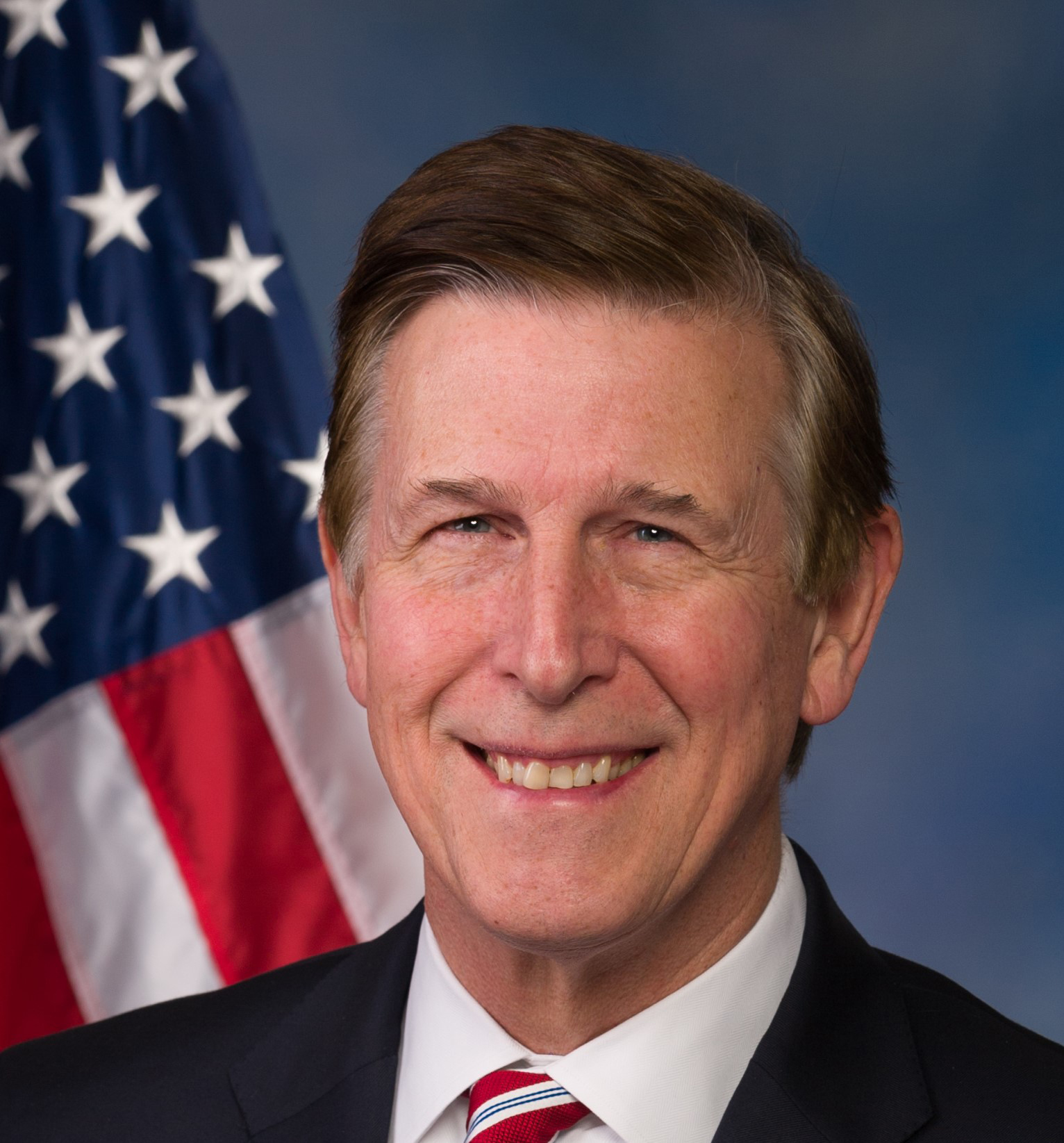| By Rep. Don Beyer (D, VA-8). July 28, 2021. Rep. Don Beyer (D-VA) today introduced the Digital Asset Market Structure and Investor Protection Act, legislation that would protect consumers and promote innovation by incorporating digital assets into existing financial regulatory structures. “Innovation in the digital asset sector is creating new goods and services every day as well as many new, high-quality jobs. The United States should provide a legal and regulatory environment which promotes this type of innovation and growth,” said Rep. Beyer. “Digital assets and blockchain technology hold great promise, and it is clear that assets like Bitcoin and Ether are here to stay. Unfortunately, the current digital asset market structure and regulatory framework is ambiguous and dangerous for investors and consumers. Digital asset holders have been subjected to rampant fraud, theft, and market manipulation for years, yet Congress has hitherto ignored the entreaties of industry experts and federal regulators to create a comprehensive legal framework. Our laws are behind the times, and my bill would start the long overdue process of updating them to give digital asset holders and investors basic protections.” Since the introduction of Bitcoin in late 2008 digital assets have evolved from technological curiosities into financial instruments used by millions of ordinary Americans. Today there are over 11,000 separate digital asset tokens in existence, with a market capitalization of over $1.5 trillion. An estimated 20-46 million Americans own Bitcoin and other digital assets, and that number is expected to grow. Many of these digital asset market participants, who are primarily average Americans rather than large institutional investors, have been victims of theft during trading platform hacks, or been exposed to significant market manipulation or frauds such as ponzi schemes. Digital assets have also been widely used for money laundering and other illicit purposes. For instance, in May 2021, the Colonial Pipeline, which provides gasoline to much of the eastern United States, had its computer system hacked and was forced to pay a $4.4 million ransom in Bitcoin, which is the preferred currency for ransomware attacks. Read Rep. Beyer’s Full Statement Here. |





